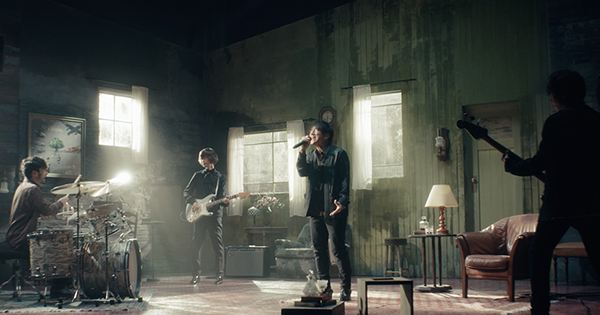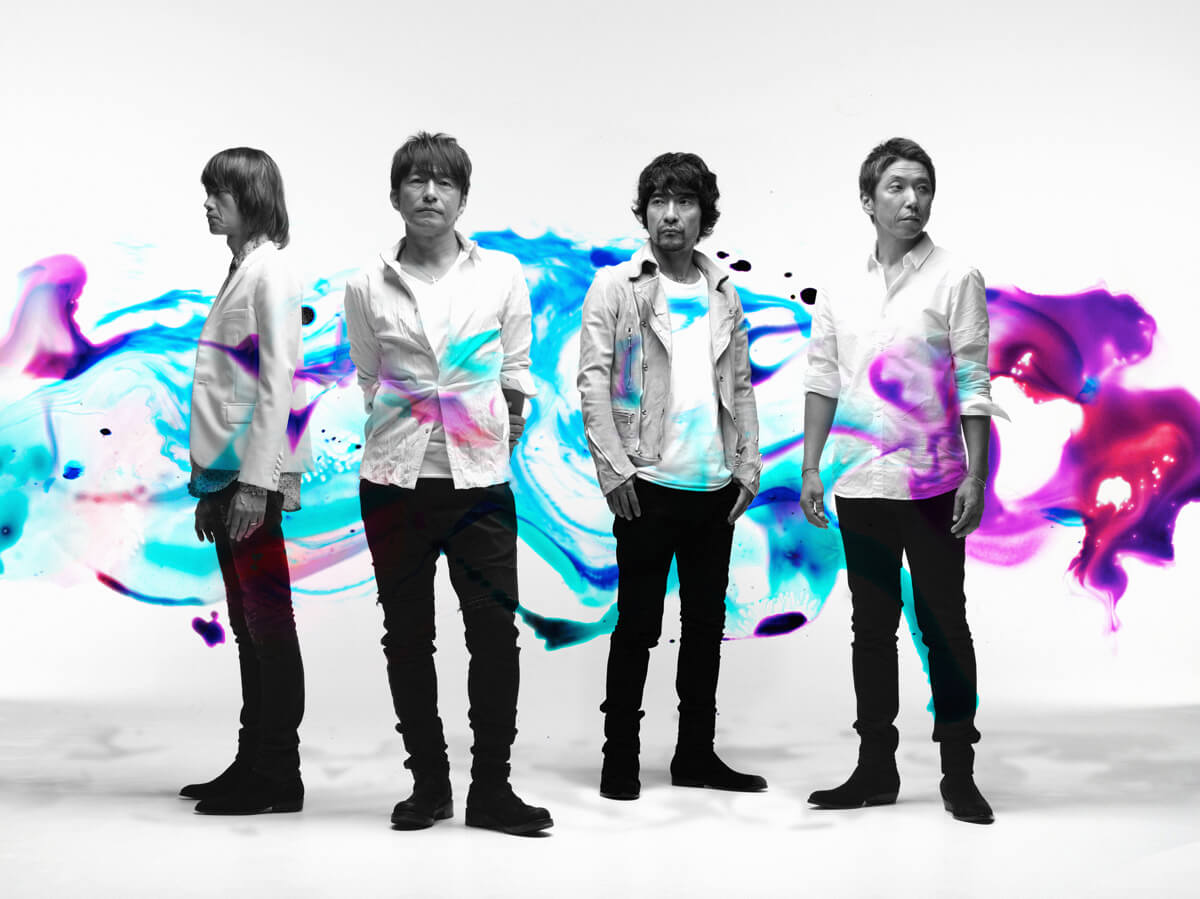


However, in 2002, bandleader Sakurai was temporarily felled by the discovery of a potentially deadly blood clot in his brain. A lucrative sideline in theme songs for Japanese television dramas and commercials (which is not frowned upon in Japanese pop culture as it is for many Western pop purists) was equally successful. A steady climb in sales and popularity followed the success of Atomic Heart, with 1996's Shinkai, 1997's Bolero, 1999's Discovery, 2000's Q, and 2002's It's a Wonderful World maintaining the group's hold on the charts. Children's big commercial breakthrough was 1994's Atomic Heart, featuring the hit single "Innocent Love," the first in an unbroken string of number one singles on the Japanese charts that continued well into the 2010s. Though these albums were moderately popular, Mr. As if to make up for lost time, their second and third albums, Kind of Love and Versus, were recorded and released within the next 15 months. Children didn't release their debut album, Everything, until 1992. One of the most popular rock bands in Japan, with combined album and single sales of over 50 million copies, the quartet of singer/songwriter Kazutoshi Sakurai, lead guitarist Kenichi Tahara, bassist Keisuke Nakagawa, and drummer Hideya Suzuki is as famous as U2 is to Western audiences, and occupies a similar place in the cultural landscape as an earnest, occasionally political band with a playful theatrical side and a strong connection to its audience.Īlthough the band formed under a different name in 1989, Mr. Children have attracted more notice outside their homeland. However, as the audience for J-pop has grown and matured, more traditional pop/rock bands like Mr. To the casual observer, it might seem that most Japanese pop and rock bands are somewhere on the axis defined by Shonen Knife and Puffy AmiYumi: from adorabe pop-punk to sugary bubblegum pop, all of it proffered by cute girls in miniskirts and bobby socks.


 0 kommentar(er)
0 kommentar(er)
